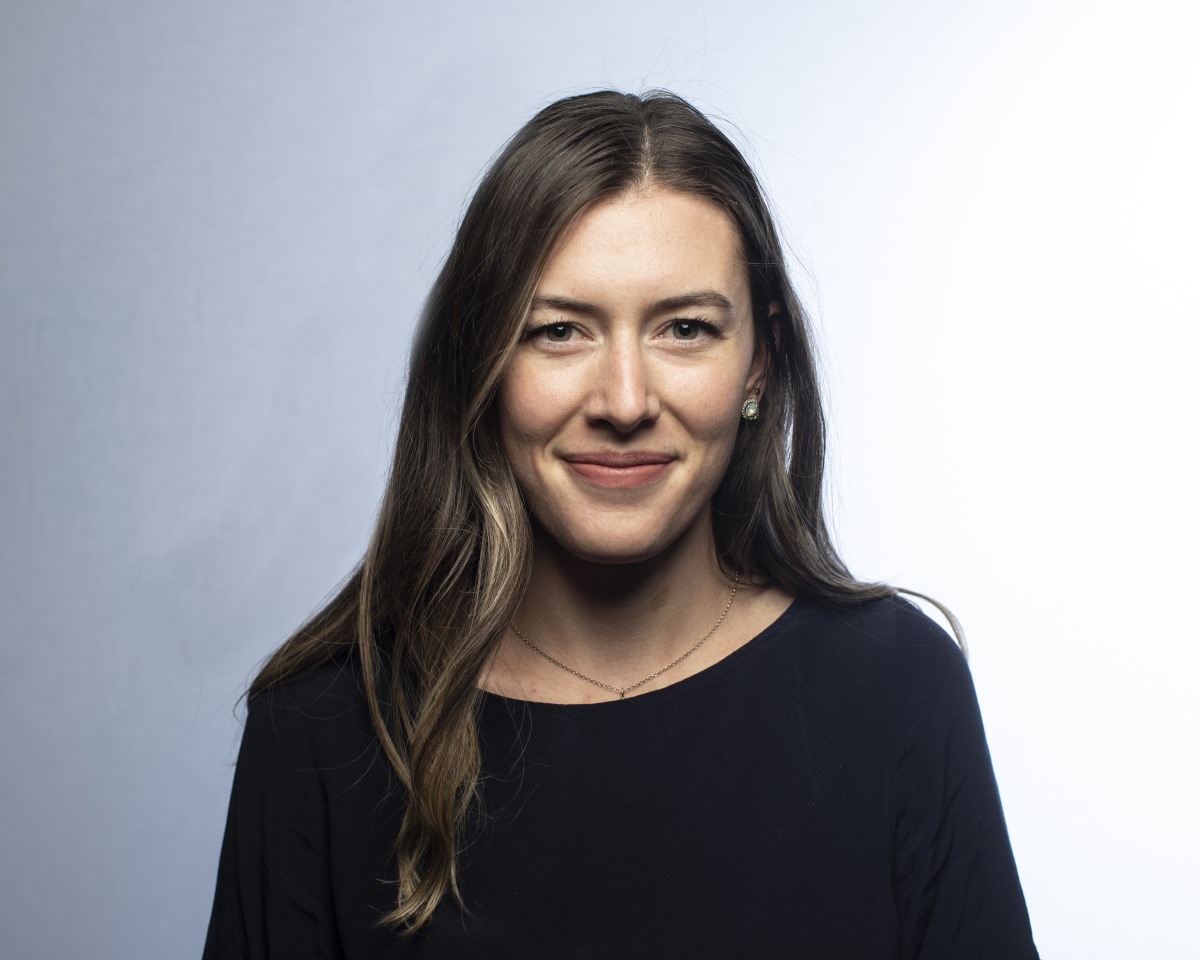Who we spend time with — and why it matters: PhD researchers share new insights
The Alberta School of Business hosted its 27th annual Business PhD Research Conference on November 22, showcasing the innovative research of its doctoral students. Between growing awareness about the conference and funding support from the Faculty of Graduate & Postdoctoral Studies, attendance has steadily increased over the years, reaching 97 attendees in 2024, including 29 faculty and 53 students.
It’s found its sweet spot in terms of size, notes Sarah Moore, a marketing professor and associate dean of PhD and Research, enabling the inclusion of three formats — three-minute talks (3MTs), 15-minute presentations, and poster sessions — which allow students to present their findings in diverse and accessible ways. Research spans the School’s five specializations: accounting, finance, marketing, operations and information systems, and strategy, entrepreneurship, and management.
“It’s an invaluable opportunity for students to present to broad academic audiences outside their specific disciplines,” says Moore. “It helps them practice knowledge translation — a vital skill for both academia and public engagement. The audience learns something new and exciting, and gets a good feel for the amazing — and varied — work our students are doing, across all five of our specializations.”
Bijit Ghosh, chair of the Business Research Conference Committee, expands on the importance of connection: “The most important takeaway is the vital role of collaboration within the academic community. Events like this provide students with valuable exposure and highlight the strength of our PhD program, which is celebrating its 40th anniversary this year. The involvement of professors and students emphasizes the importance of creating a space where ideas can be exchanged, mentorship can flourish, and students can receive meaningful feedback to enhance their work.”
 Collaboration was a recurring theme at the conference, one mirrored in Natalie Bolen’s research into how “habitual companions” influence our shared experiences. The marketing PhD candidate is exploring how the people we bring to activities like concerts or cooking classes shape our enjoyment — and how those choices are often guided by habit rather than conscious thought.
Collaboration was a recurring theme at the conference, one mirrored in Natalie Bolen’s research into how “habitual companions” influence our shared experiences. The marketing PhD candidate is exploring how the people we bring to activities like concerts or cooking classes shape our enjoyment — and how those choices are often guided by habit rather than conscious thought.
Bolen’s research was inspired by casual conversations with colleagues, friends and family, where she observed a recurring pattern: whether attending a Taylor Swift concert, an Oilers game, or a workout class, most people have a “go-to” companion. “It’s their spouse, best friend, or ‘ride-or-die,’” Bolen explains. “They’re the default choice, no matter the activity.”
“So far, we’ve found that habits play a big role, but they don’t always maximize enjoyment,” she says. “This research helps us understand how shared experiences work. It shows how pairing with a companion can improve — or detract from — the experience. Marketers could use these insights to recommend companions who enhance specific activities, which could be valuable in the growing event ticket industry. Companies that offer any type of experience could help consumers break this habit.
“For consumers, the takeaway is simple,” she says. “Leisure time is precious — we know this. So it's worth taking a minute to think about how we choose to spend that time and who we choose to spend it with.”
For Bolen, the conference provided more than a platform to share her work — it was a transformative experience. “The conference reminded me of the importance of sharing research with both familiar and fresh perspectives. The thoughtful questions I received helped me see my work’s broader relevance and value.”
For example, attendees asked Bolen whether differences in choosing go-to companions exist between men and women or change over a lifetime. “These questions were outside my initial scope, as I’ve been more focused on how circumstances influence choices. However, they highlighted how personal life variables might shape social networks and decisions differently for each person. These insights might inspire future research and help broaden the impact of my work.”
The event’s success wasn’t just a product of the research presented but also the efforts of its organizers. Ghosh led a dedicated team of PhD students in organizing the event: Bo Han, Bowen Lin, Nancy Wang, and Julian Faid — who also served as MC. The committee worked alongside PhD Program staff members Debbie Giesbrecht and Helen Wu, whose contributions ensured the event's seamless execution.
College of Social Sciences and Humanities dean Marvin Washington and Oliver Rossier, director in the College Office of Research, attended to enjoy the poster sessions and get a flavour for the students’ work, which ranged from AI and sustainable finance to Indigenous research methods and consumer behavior. Prospective PhD students were also in attendance, gaining a firsthand understanding of the scope and impact of doctoral research.
“This is one of my favourite days of the year,” says Moore. “It’s inspiring to hear our students’ ideas and see how their research addresses real-world challenges.
“And it's the perfect way to showcase our ongoing research excellence, within and outside the Alberta School of Business; after 40 years, we’re stronger — and bigger — than ever. Every cohort of new students brings new ideas and new topics that they are excited to discover and share, and this is a great signature way to do that.”
Subscribe to UAlberta Business
Become part of our community. Get the latest news and event information from the Alberta School of Business in your inbox every month.